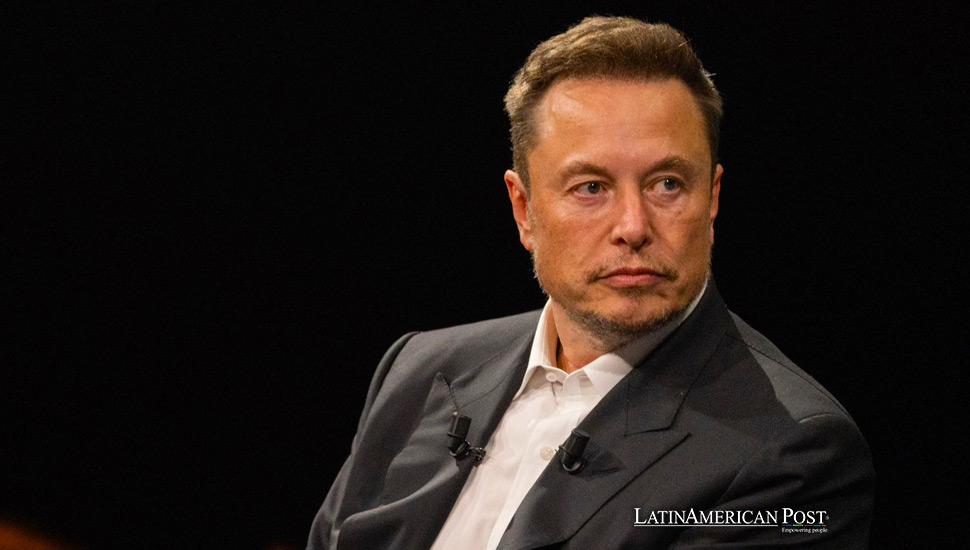Tech Titan Musk Clashes with Brazilian Justice

Brazil’s Supreme Federal Court has launched an investigation against billionaire Elon Musk for defying legal orders to block certain social media accounts. The case spotlights tensions between global tech giants and national legal systems with far-reaching implications for digital governance in Latin America.
The recent clash between Elon Musk and the Brazilian judiciary epitomizes a growing global tension between tech magnates and governmental authorities. The Supreme Federal Court of Brazil has initiated an investigation into Musk, the owner of the social media platform X (formerly Twitter), for allegations of criminal manipulation and obstructing justice. This confrontation has sent ripples across Latin America, where the struggle for digital sovereignty and free speech is becoming increasingly pronounced.
Musk’s Defiance and Judicial Response
Justice Alexandre de Moraes, a prominent figure in Brazil’s Supreme Court, has spearheaded this legal challenge, citing Musk’s refusal to comply with court orders to block specific accounts on X. The orders are part of a broader campaign to curb the spread of misinformation and protect democratic integrity, reflecting a more significant, region-wide concern about the power of social media giants in shaping political discourse.
Musk’s response was defiant. He challenged the constitutionality of the orders and accused Justice de Moraes of betraying Brazil’s constitution and its people. He argued that blocking accounts violated the principles of free speech and transparency and even threatened the closure of X’s operations in Brazil, prioritizing principles over profit.
This incident is not isolated but part of a broader narrative in Latin America, where countries grapple with foreign tech companies’ influence on their domestic affairs. Like Brazil, nations like Argentina, Mexico, and Colombia are debating how to regulate these digital platforms, which wield significant power over public opinion and political processes.
Advocating for Digital Governance
Brazil’s solicitor general, Jorge Messias, echoed these concerns, advocating for regulations to prevent social media networks from contravening national laws. The call for digital governance is gaining traction across Latin America as governments seek to assert control over online spaces to ensure they align with local legal and ethical standards.
The ongoing saga in Brazil is a microcosm of the global debate on digital rights and governance. Musk’s standoff with the Brazilian court underscores the complex interplay between global tech companies and national legal systems, highlighting challenges such as jurisdiction, free speech, and the rule of law.
Justice de Moraes, known for his active role in combating online misinformation and investigating alleged coup attempts, represents a judiciary striving to adapt to the digital age’s challenges. His actions, including investigations into other tech executives and platforms, signal a robust attempt to hold digital entities accountable to local laws.
Advocating for Digital Governance
The proposed internet regulation bill in Brazil, which places the responsibility on tech companies to police illegal content, further illustrates the shifting landscape. This approach, demanding proactive measures from platforms like X, Google, and Telegram, has sparked a broader discussion on the responsibilities of tech companies in regulating content and their role in democratic societies.
The confrontation between Musk and the Brazilian judiciary raises critical questions about the balance between innovation and regulation, the boundaries of free speech, and the sovereignty of national legal systems in the digital era. As Latin America navigates these waters, the outcomes will likely influence global norms and policies on digital governance, privacy, and freedom of expression.
Also read: Brazil’s B3 Pioneers Bitcoin Futures in Latin America
The investigation against Elon Musk in Brazil is more than a legal battle; it’s a litmus test for how democracies can manage the immense power of global tech companies. As Latin America continues to forge its path in digital governance, the region’s experiences will contribute valuable insights to the worldwide discourse on technology, law, and society. The clash between Musk and Brazilian authorities is not just a national issue but a symbol of the broader struggle to define the rules of the digital age.





